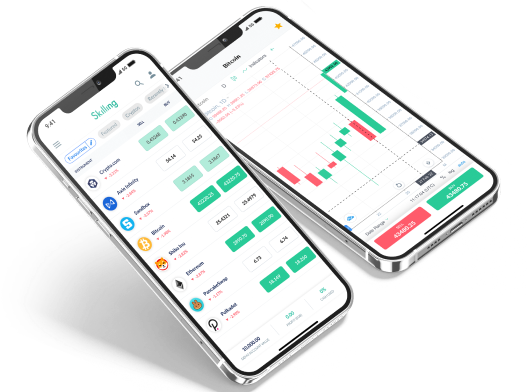Liabilities: types, differences, and role in trading

In the world of trading, managing your financial resources effectively is crucial for long-term success. One aspect of financial management that traders must understand and monitor closely is liabilities. Liabilities represent financial obligations that a trader or trading entity owes to others. In this article, we will delve into the definition of liabilities, explore different types, explain the difference between liabilities and provisions, and highlight why traders should give special attention to this aspect of their trading operations.
Defining Liabilities
Liabilities are financial obligations that an individual or business entity owes to another party. They represent the debts or obligations that must be settled with assets or services in the future. In trading, liabilities can arise from various sources and may include:
- Trade Payables: These are obligations to pay for goods or services that have been received but not yet paid for. For example, if a trader purchases stock from a supplier on credit, the amount owed is considered a trade payable.
- Short-Term Loans: Liabilities can also take the form of short-term loans borrowed by traders to fund their operations. These loans typically have a maturity period of less than one year.
- Long-Term Debt: Long-term debt includes loans or bonds with a maturity period exceeding one year. Traders may use long-term debt to finance major investments, such as purchasing a trading facility or expanding their trading operations.
- Accounts Payable: This category encompasses money owed to suppliers, creditors, or service providers. Accounts payable can include rent, utility bills, and other operational expenses.
- Accrued Liabilities: These represent obligations that have been incurred but have not yet been paid. They can include wages and salaries that are owed to employees but have not yet been disbursed.
Understanding Different Types of Liabilities
Liabilities can be classified into two broad categories: current liabilities and long-term liabilities. Understanding the distinction between these two types is essential for effective financial management in trading.
Current Liabilities:
Current liabilities are obligations that are expected to be settled within a relatively short period, typically within one year.
They include trade payables, short-term loans, accounts payable, and accrued liabilities.
Traders must have a clear picture of their current liabilities as they impact short-term cash flow and liquidity.
Long-Term Liabilities:
Long-term liabilities are financial obligations with a maturity period exceeding one year.
Common examples include long-term loans, bonds, and mortgages.
Traders should carefully manage long-term liabilities to ensure they have the resources to meet these obligations when they come due.
Difference Between Liabilities and Provisions
Traders often come across another accounting term, "provisions," which may seem similar to liabilities but serve a different purpose. It's crucial to understand the distinction between the two:
- Liabilities: They represent existing obligations that must be paid in the future. They are quantifiable and have a specific amount associated with them. Liabilities are recorded on the balance sheet and impact a trader's financial position directly.
- Provisions: Provisions, on the other hand, are charges against profits to account for potential future expenses or losses. They are based on uncertain future events and their amounts may not be known with precision. Provisions are not recorded as liabilities but are disclosed in the notes to the financial statements.
Why Traders Should Take Liabilities Into Account
Understanding and managing liabilities are essential for traders for several compelling reasons:
- Cash flow management: Monitoring liabilities, especially current liabilities, is crucial for effective cash flow management. Traders need to ensure they have the necessary funds to meet their short-term obligations.
- Risk management: High levels of debt or unsustainable liabilities can pose significant risks to a trader's financial stability. By managing and reducing liabilities, traders can mitigate these risks.
- Credibility and trust: Demonstrating an ability to manage liabilities effectively enhances a trader's credibility and trustworthiness in the eyes of creditors, suppliers, and investors.
- Financial health assessment: Liabilities are a key component of a trader's financial health. Potential investors and lenders often scrutinize a trader's balance sheet to assess their financial stability before entering into partnerships or providing financing.
- Strategic planning: An understanding of liabilities enables traders to make informed decisions about financing and expansion strategies. By managing long-term liabilities, traders can strategically plan for future growth and investment.
Conclusion
Liabilities play a significant role in the financial landscape of trading. Traders should be well-versed in the different types of liabilities, the distinction between liabilities and provisions, and the reasons why monitoring liabilities is vital for their trading success. Effective management of liabilities not only ensures a trader's financial stability but also paves the way for sustainable growth and profitability in the world of trading.
Welcome to the world of trading!
This bonus will help give your portfolio an extra boost and get you trading with confidence.
T&Cs apply

Past performance does not guarantee or predict future performance. This article is offered for general information and does not constitute investment advice. Please be informed that currently, Skilling is only offering CFDs.










